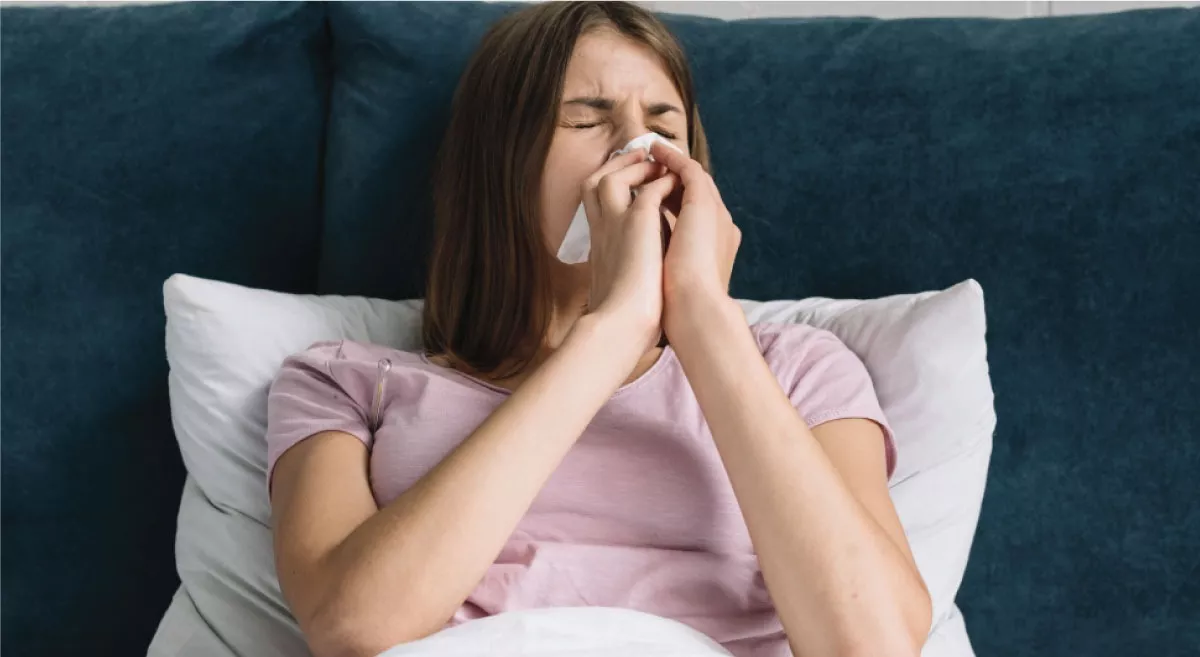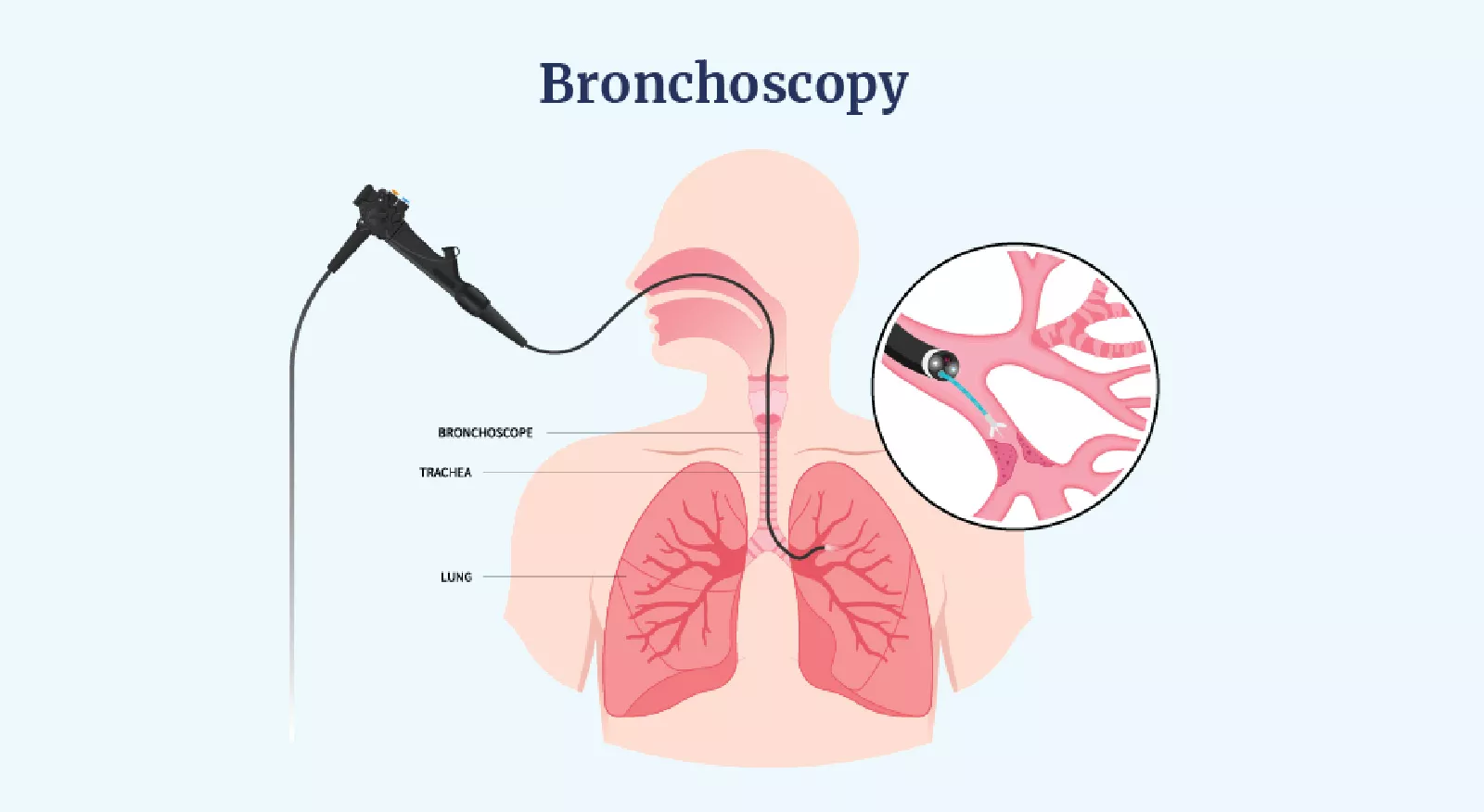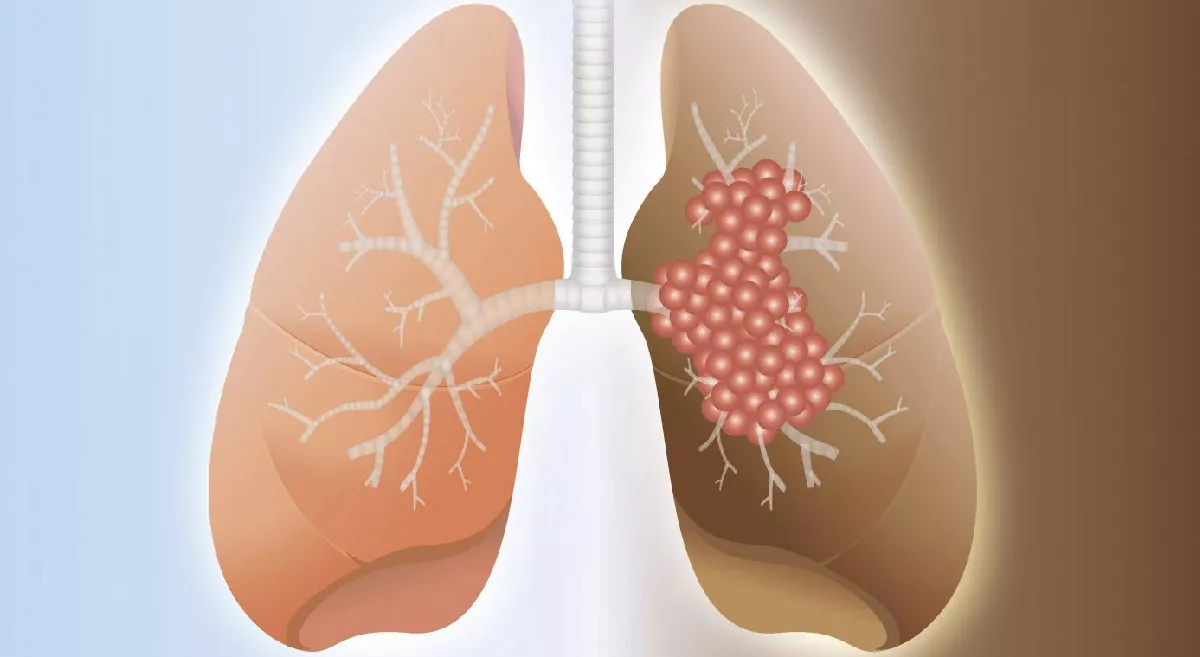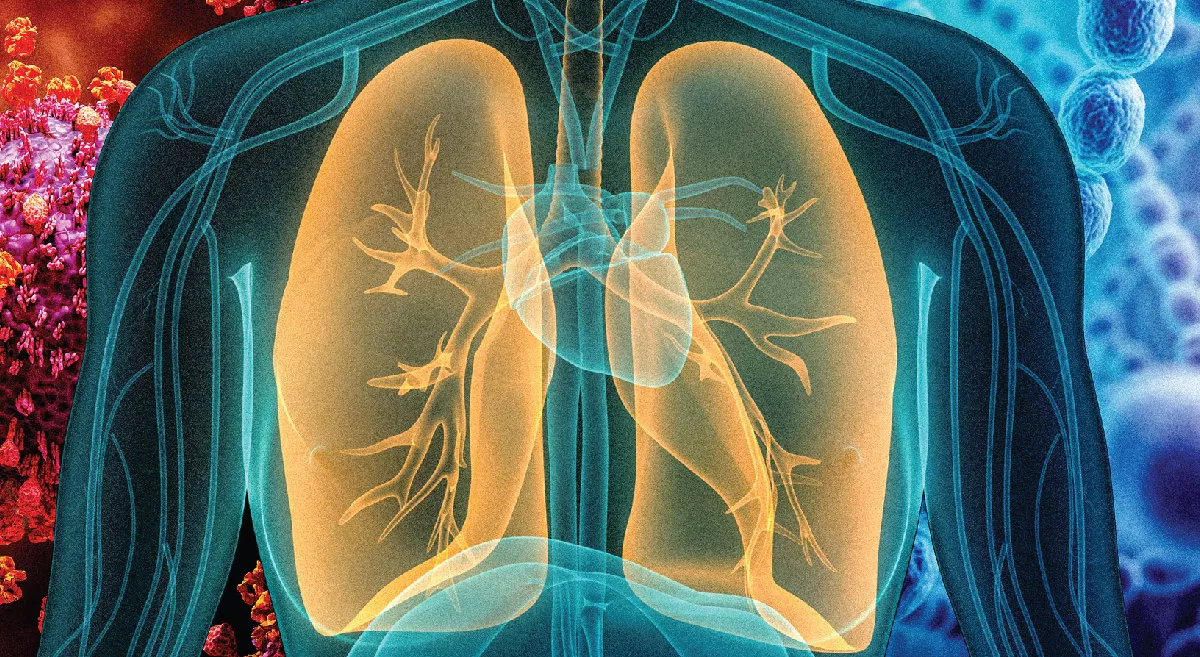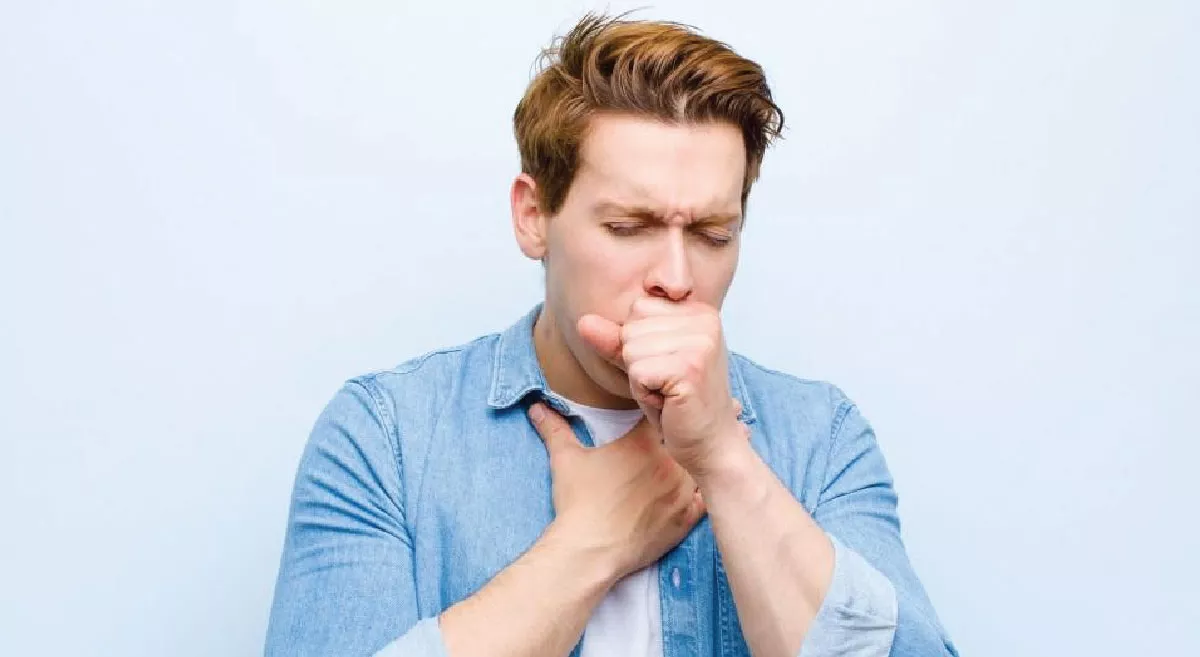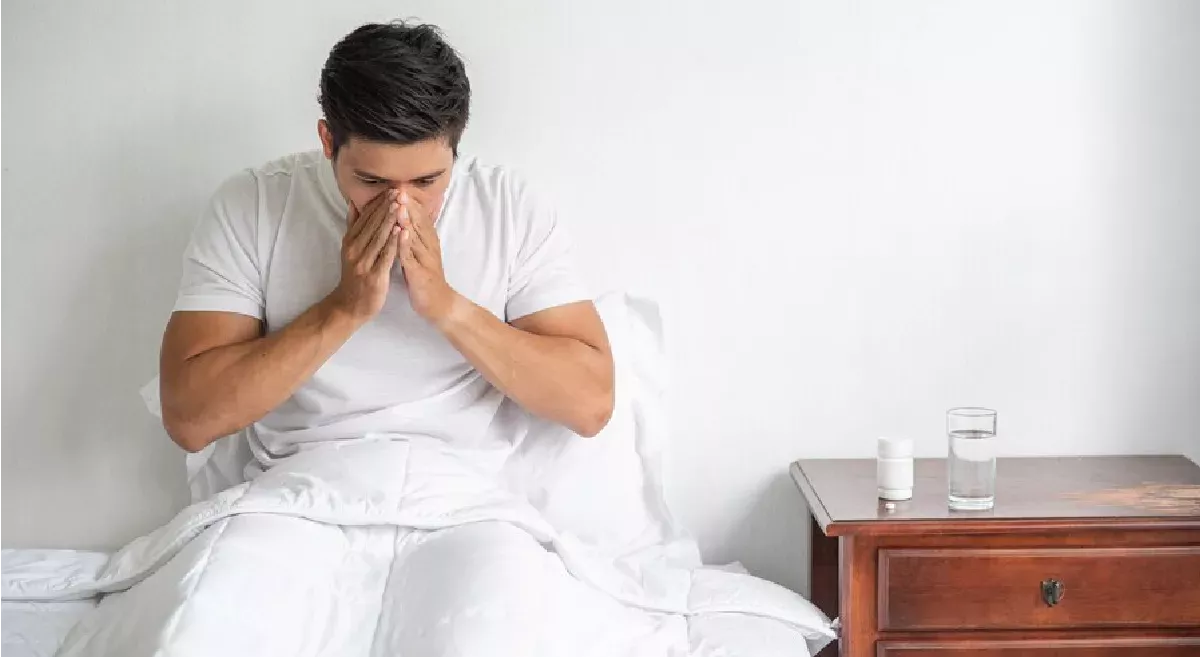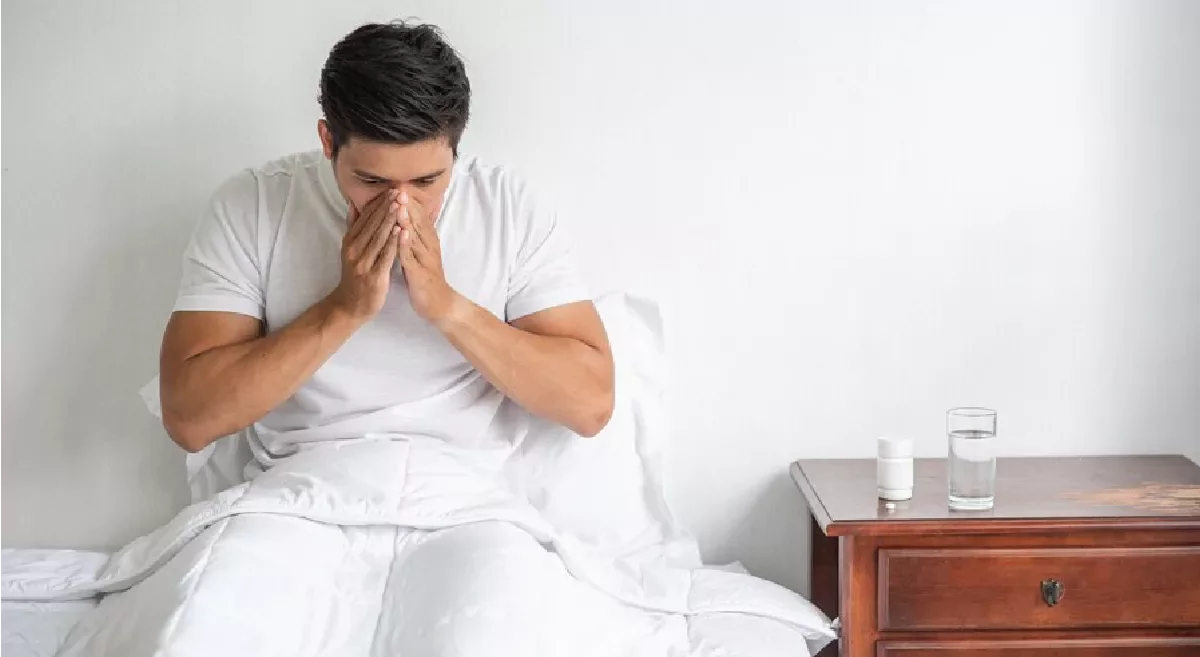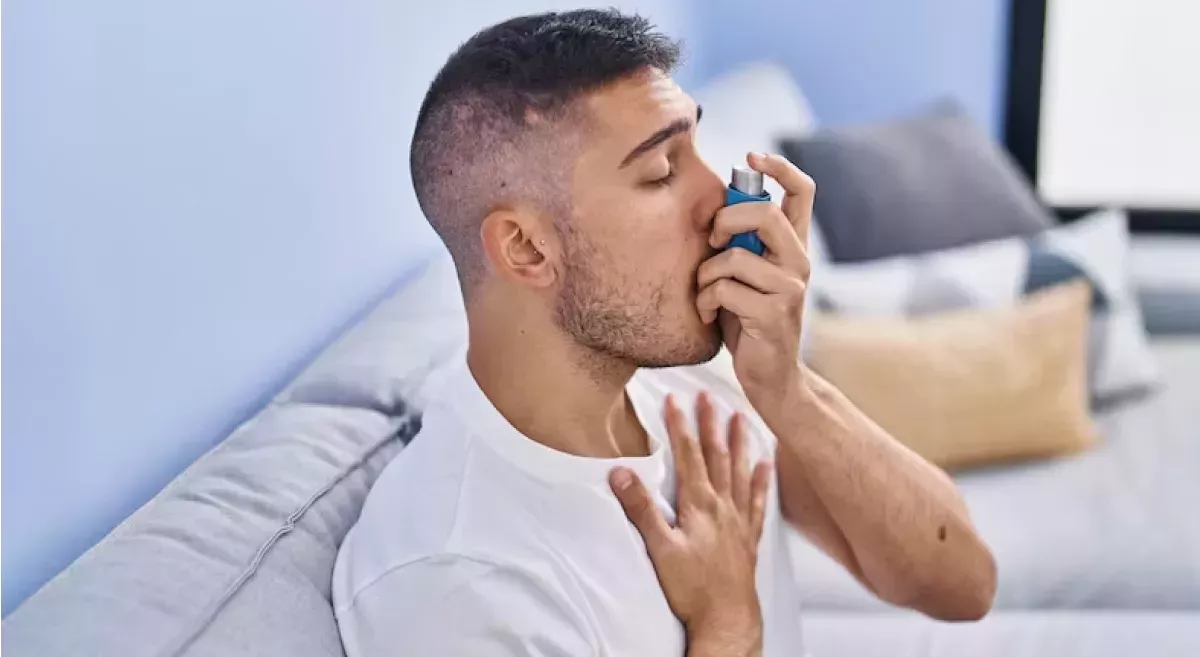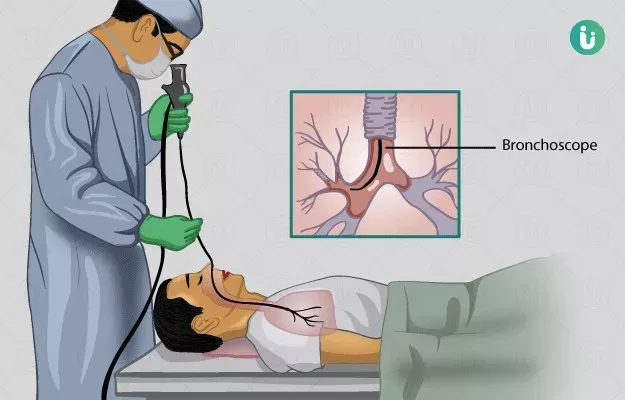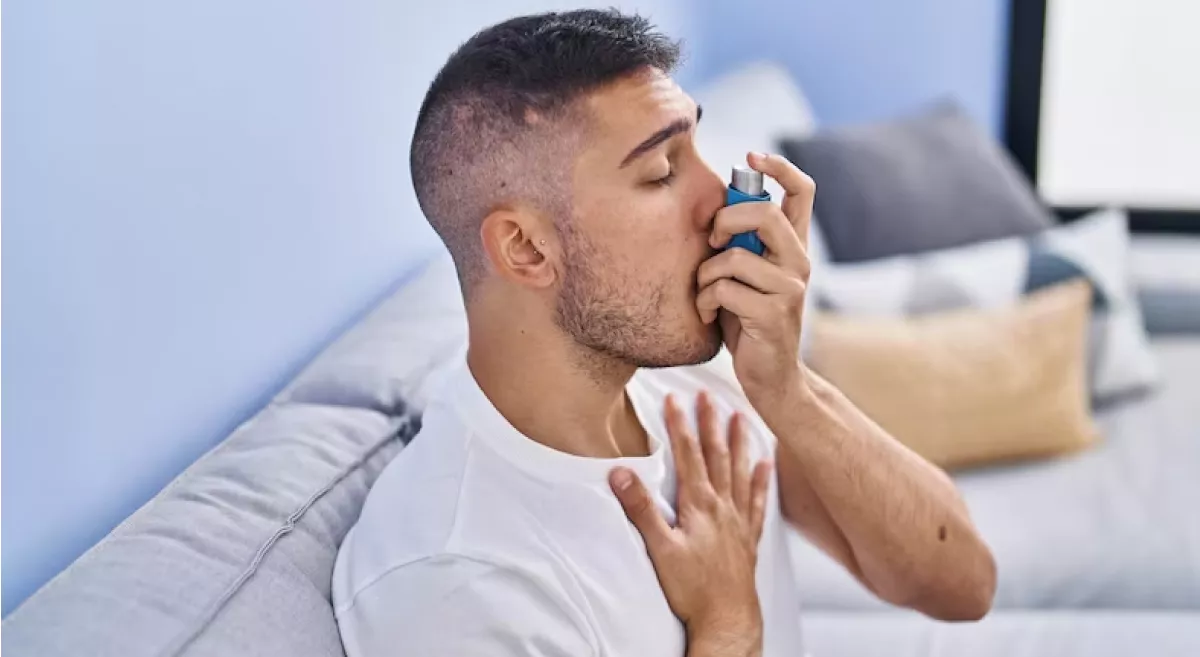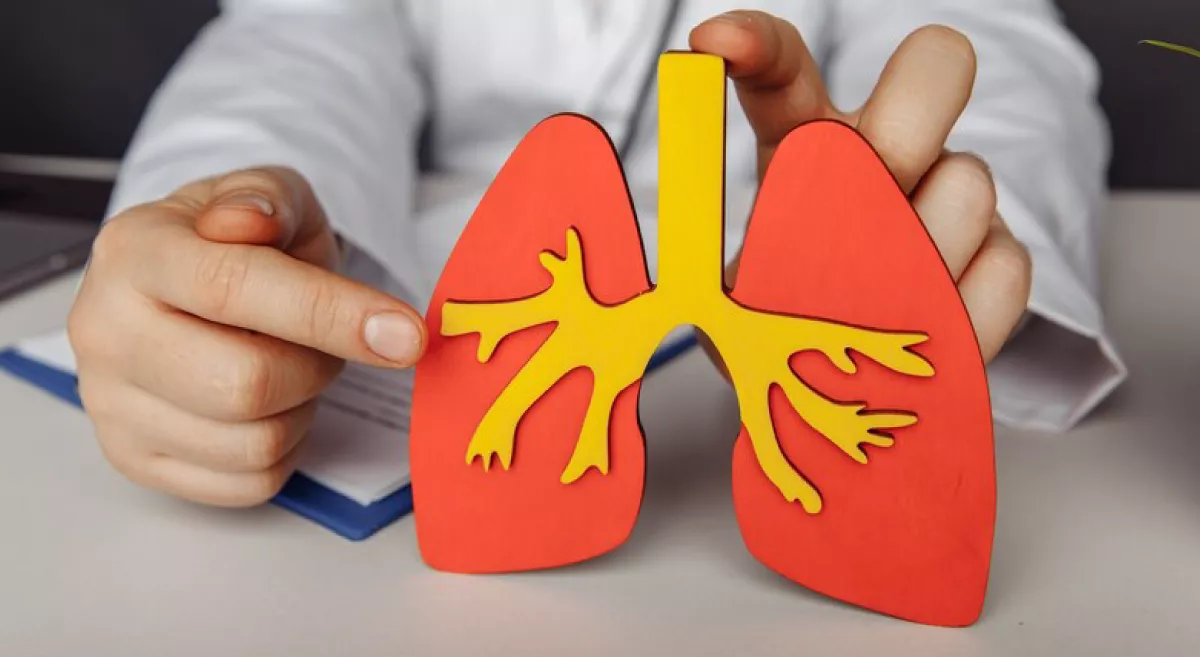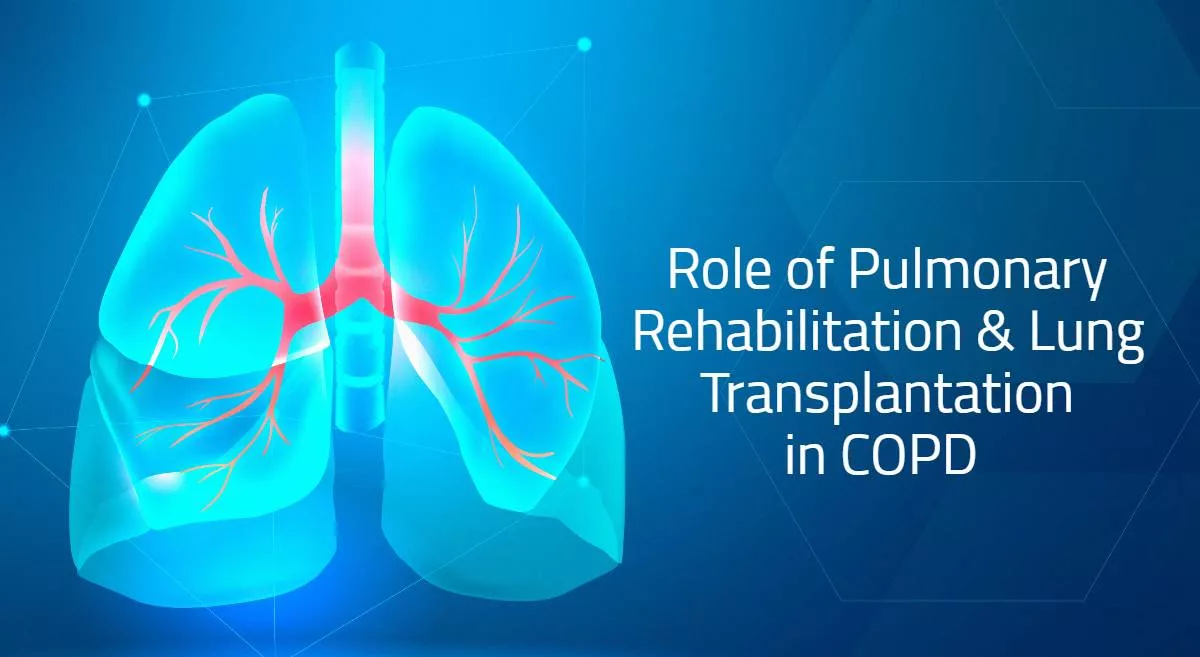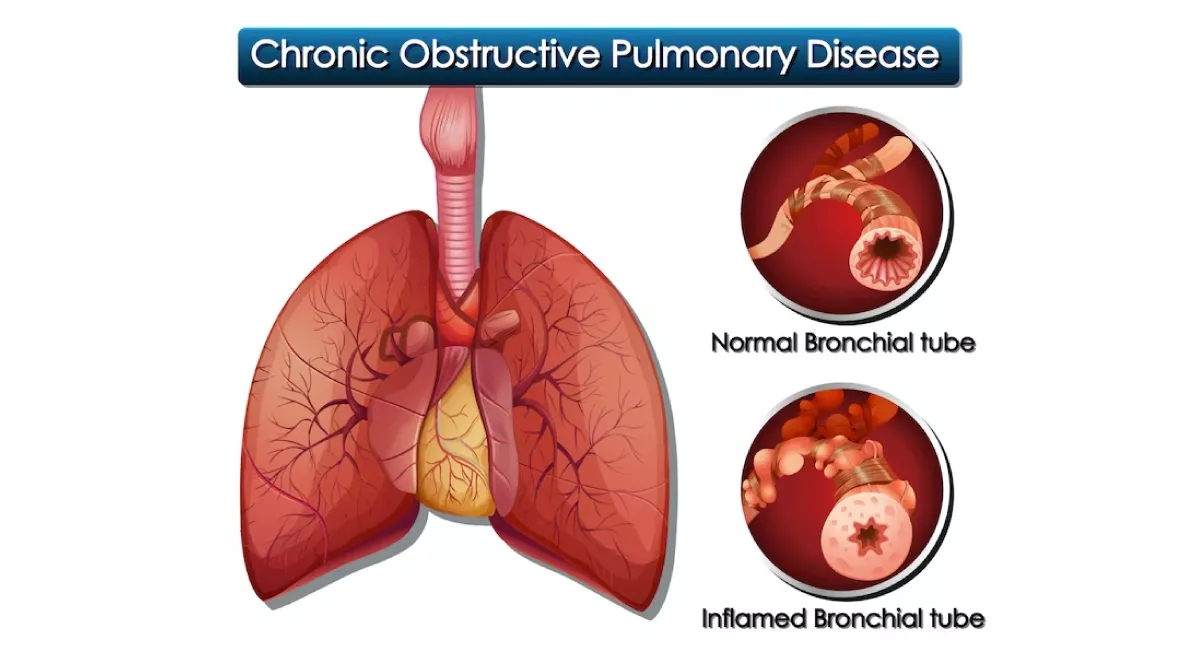Understanding Sleep Apnea
Sleep apnea is a sleep disorder characterised by repetitive pauses in breathing during sleep. These pauses, known as apneas, can last for a few seconds to minutes and may occur multiple times throughout the night. The most prevalent form of sleep apnea is obstructive sleep apnea (OSA), which results from the relaxation of the muscles in the throat, causing a temporary blockage of the airway. This obstruction leads to reduced oxygen levels in the blood, disrupting sleep patterns and resulting in poor sleep quality.
Exploring Allergic Rhinitis
Allergic rhinitis, commonly referred to as hay fever, is an allergic reaction that occurs when the immune system overreacts to allergens such as pollen, dust mites, pet dander, or mold spores. Symptoms include sneezing, runny or stuffy nose, itchy or watery eyes, and fatigue. While the primary effects of allergic rhinitis are localised to the respiratory system, its influence can extend beyond the nasal passages.
The Link Between Allergic Rhinitis and Sleep Apnea
Research suggests a potential connection between allergic rhinitis and sleep apnea, with evidence pointing to several mechanisms that could contribute to this relationship.
Nasal Congestion and Airway Obstruction: Allergic rhinitis often leads to nasal congestion due to inflammation and increased mucus production. This congestion can obstruct the nasal passages, making it difficult to breathe through the nose.
Inflammation and Tissue Swelling: Inflammation caused by allergic rhinitis can extend to the throat and soft tissues in the airway. This inflammation can worsen airway edema and contribute to narrowing of airways thereby worsening sleep apnea.
Sleep Fragmentation: Allergic rhinitis symptoms like sneezing, itching, and nasal congestion can disrupt sleep, causing individuals to wake up frequently during the night. Sleep fragmentation can affect the overall sleep architecture and contribute to sleep deprivation.
Can Allergic Rhinitis Cause Sleep Apnea?
While allergic rhinitis alone may not directly cause sleep apnea, its symptoms and associated inflammation can contribute to the development or exacerbation of sleep apnea. The connection lies in the shared mechanisms of airway obstruction and inflammation that can influence sleep quality and respiratory function
